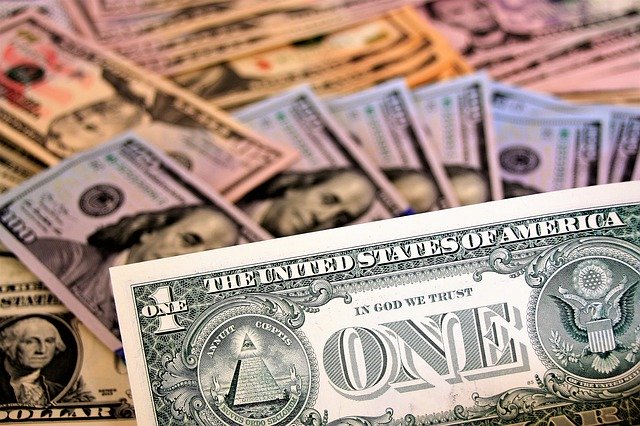Federal Reserve Cuts Rates: What does it mean to businesses and consumers
The Federal Reserve today announced a 50 basis point cut to its target rate as an emergency response to economic concerns stemming from the coronavirus. This is the Fed’s first emergency rate cut since 2008 and the fourth cut overall since the start of 2019. Below, you can find some key statistics that help illustrate the significance of today’s rate reduction, followed by commentary from WalletHub CEO Odysseas Papadimitriou.
Here’s how WalletHub projects today’s rate cut will affect consumer financial products:
-
Credit Cards: APRs on new credit card offers will decrease by an average of 8 basis points.
-
Auto Loans: APRs will decrease by an average of 8 basis points.
-
Mortgages: APRs will decrease by an average of 26 basis points.
-
Deposit Accounts: APRs will decrease by an average of 16 basis points.
Q&A with WalletHub CEO Odysseas Papadimitriou
Is it a good idea for the Federal Reserve to cut its target rate?
“It is a good idea for the Federal Reserve to cut its target rate in response to the coronavirus because the risk of the virus turning into a pandemic before an effective treatment becomes available, let alone a vaccine, is very real. That is not to be alarmist, but being proactive is the best strategy in insulating the economy,” said WalletHub CEO Odysseas Papadimitriou. “Consumer spending will go down if people stay home because of the coronavirus. That, in turn, will hit a number of industries particularly hard, including small businesses in the service industry such as bars and restaurants, as well as travel providers, live entertainment venues, movie theaters, and more. And that could lead to a domino effect, with turmoil in one industry spilling over to another. For example, if a restaurant owner can no longer pay rent, the property owner might not be able to pay its loan, and the bank that made the loan might end up suffering as well.”
What else can the government do to protect the economy?
“A rate cut is better than nothing, but the federal government should be prepared to step in to support distressed industries if things get considerably worse. That obviously should take a backseat to immediate investments in healthcare capabilities. But if the coronavirus spreads throughout the economy and the fear we’re seeing in markets really manifests itself in hard economic data, that would only compound our problems,” said WalletHub CEO Odysseas Papadimitriou. “This should be politically palatable, too, considering the support the administration has given to farmers during the trade war with China.”
What should businesses be doing to prepare?
“Tuesday’s Fed rate cut should be a wake-up call for businesses to begin preparing coronavirus contingency plans in earnest, if they haven’t already,” said WalletHub CEO Odysseas Papadimitriou. “Companies have two major objectives in doing so: minimizing interruptions to business processes and safeguarding human capital. They go hand-in-hand, too. In particular, making adjustments to operate remotely is especially important right now.”
What should consumers do to prepare?
“The first thing people should do is follow the advice from healthcare professionals and the CDC. Dr. Fauci knows what he’s talking about. Other than that, now is the time to really start expanding your emergency fund,” said WalletHub CEO Odysseas Papadimitriou. “Even if the worst does not happen, which is the most likely scenario, winding up with more savings than you need will pay dividends in the future.”

